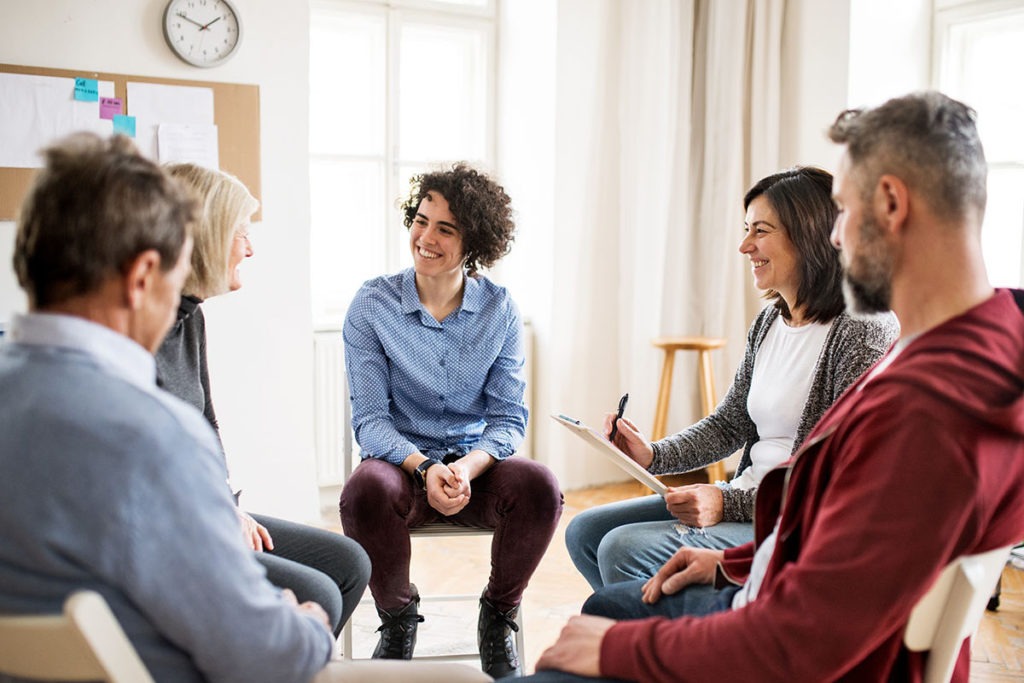Group therapy involves a therapist working with more than one person at a session. At times, there are multiple therapists present. There are many benefits of group therapy as it allows people at different recovery stages to work together. This enables participants to understand the challenges at each stage.
According to Mayo Clinic, group therapy is useful as it’s often led by qualified facilitators, such as psychologists, social workers, and other mental health professionals. Groups vary in format and type, but a common feature is that members get the opportunity to improve their lives in a structured, supportive environment. So, what else do you stand to benefit?
Group Therapy Fosters a Sense of Belonging
The most significant benefit of group therapy is the ability to interact with other people struggling to overcome similar challenges. Individual counseling does not offer personal insight into the lives of other people. Many recovering addicts have feelings of isolation, but this can be lessened as they hear the stories of other group members.
By making you part of a loving community, the sessions provide the best platform to improve your social skills. It’s common for people with life struggles like mental health issues to experience difficulties in interpersonal relations. During group sessions, you’ll interact with others through the help of the facilitator.
Group therapy offers a space for understanding and validation, whether you’re dealing with depression, management issues, drug addiction, anxiety, or other life struggles.
The Sessions Broaden Your Perspective
One of the major benefits of group therapy is that group members can become confident. They can provide relevant feedback that will help you to see your situation clearly and realistically. It’s human nature to perceive things in your way. For example, you might be beating yourself down than is necessary for a mistake. The support system will help you to frame the incident in its proper perspective.
Therapists teach all participants how to get involved constructively. It’s important to note that you’ll hear what is relevant to your situation during group therapy sessions. Group members will give you honest responses, but don’t expect them to tell you what you want to hear.
For the best results, therapists combine group therapy with several other programs, including:
- Dialectical behavioral therapy (DBT)
- Cognitive-behavioral therapy (CBT)
- Fitness therapy
- Family therapy
- Aftercare programs
How to Utilize the Benefits of Group Therapy
Group sessions are more effective than individual work because you’re able to learn from more than one source. The therapists aren’t the only ones giving feedback; instead, they encourage other members to offer suggestions and support. It’s vital to know how to utilize the help of several people to validate your feelings and motivate change.
Develop trusting, healthy relationships with the other group members by calling them outside of sessions. Find a mentor to build self-confidence in your ability to cope with the symptoms of your problem.
As a result, you’ll understand the points of view of other people and learn how to communicate in healthy ways to resolve differences. You’ll gain tremendous insight into your behavior by observing how the other members act.
In conclusion, group therapy is an effective therapeutic technique for people experiencing life struggles. One of the top benefits of group therapy is the ability to interact with other people going through similar challenges. Do you want to regain control of your life? The first step is yours. Contact us at 1.844.768.0169, and we’ll help with the rest.

